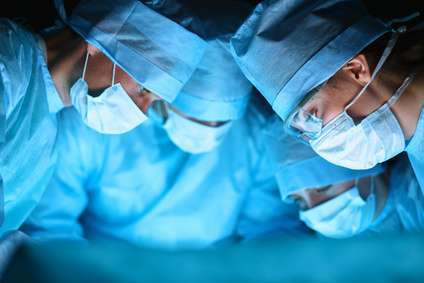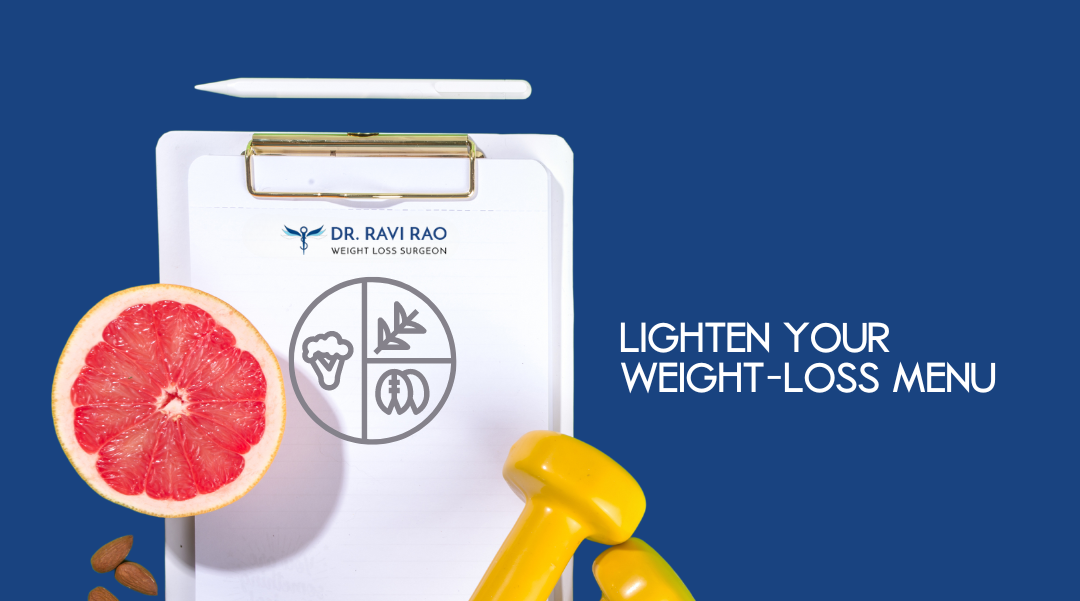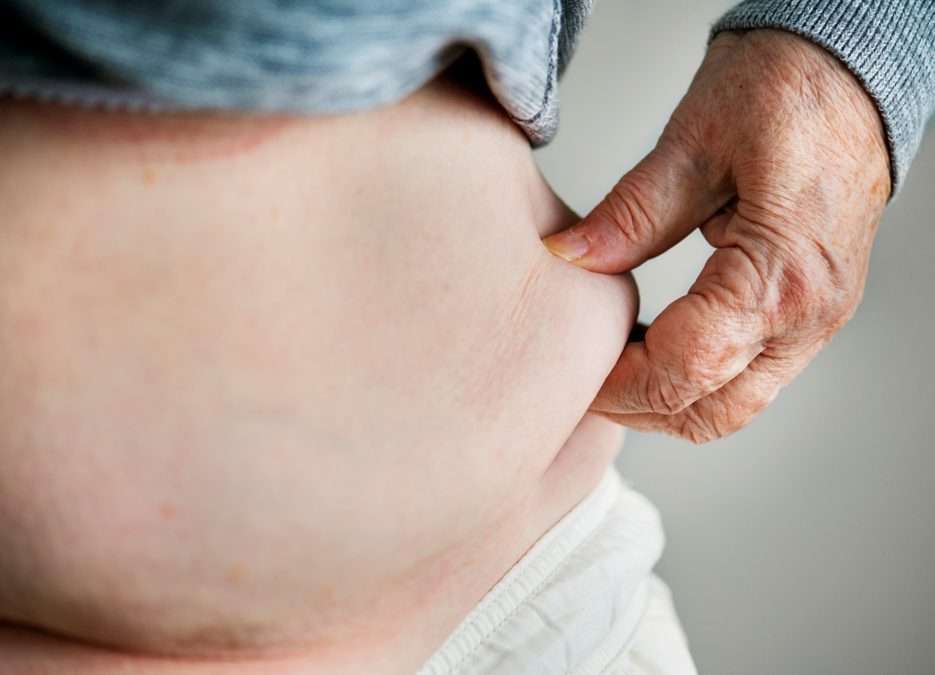- PERTH SURGICAL & BARIATRICS
-
08 65581901
After bariatric surgery, it is possible that you will experience a change in the way food tastes. Taste changes usually happen immediately after surgery and can lessen or disappear over time.
We don’t exactly know what causes taste changes after surgery. Many experts put it down to the change of hormones in the gut after surgery. When a portion of the stomach is removed, the level of gut hormones is also affected, and this is likely to have an impact on our taste, smell and appetite.
A study in 2014 in the UK surveyed 103 weight loss surgery patients between the years of 2000 and 2011. 73% of patients reported a change in their taste of food and 42% reported a change in the way food smelt. 73% of patients reported a strong dislike of foods after surgery with meat and meat products being the most commonly disliked food group.
Don’t be afraid to try new combinations or foods that you may not have tried before, or those that you disliked before. It is not uncommon to enjoy foods that you once disliked after surgery. Also get creative with your cooking methods. Use different herbs, spices, vinegars, marinades, cooking methods e.g. baking instead of stewing or poaching instead of frying.
Related Blog: Top 5 Weight Loss Recipes to Achieve your Fitness Goals After Bariatric Surgery
Sometimes these taste changes can be viewed as a positive thing, especially if you were someone that was a sweet tooth or couldn’t say no to a salty snack. However, it is important to remember a few key nutrition based tips around taste changes.

April 25 , 2024 | 4 Minutes to Read
Misconceptions about bariatric surgery that one must know - Obesity is a serious problem around the world. If not controlled or cured on time, obesity can lead to several health…

April 24 , 2024 | 4 Minutes to Read
Weight loss menu without sacrificing the flavors: People often dread undergoing bariatric surgery due to the sacrifices they may have to make regarding food intake and assume that there is…

April 23 , 2024 | 5 Minutes to Read
Gastric sleeve surgery is one of the highly recommended bariatric procedures to treat morbid obesity and any underlying disorders. It reduces the size of the stomach to create a pouch…